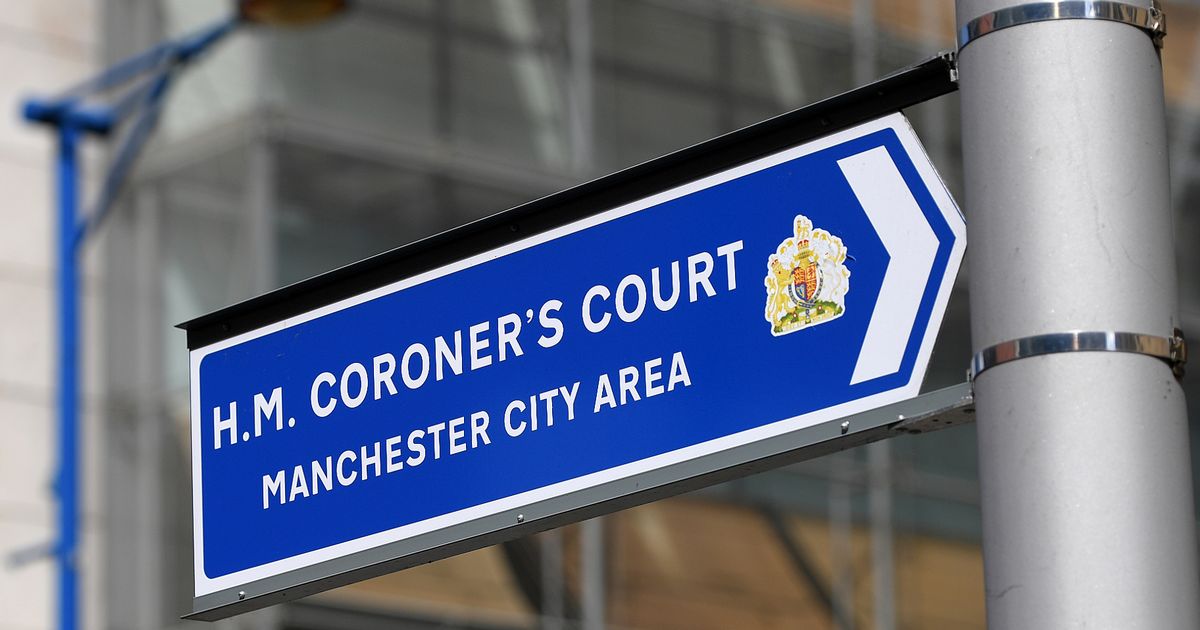
A Tragic Reminder: Choking Prevention at Home
The recent tragic news about Ahmed Hassan, a 38-year-old IT consultant, serves as a powerful reminder of the critical importance of choking prevention and home safety. Hassan was found unresponsive at his home and later confirmed to have passed away after choking on food, according to the inquest held at Manchester Coroners’ Court. While the circumstances are distressing, such incidents bring attention to steps we can take to safeguard ourselves and our loved ones at home.
Understanding the Risks of Choking
Choking occurs when an obstruction, such as food or a small object, blocks the airway. While this can happen to anyone, certain groups, including young children, the elderly, and individuals under the influence of alcohol, are at higher risk. Alcohol toxicity, as noted in Mr. Hassan’s case, can impair reflexes and make it more challenging to react effectively to choking situations.
Choking Prevention Tips for Everyday Living
To minimize the risk of choking at home, consider these practical tips:
- Properly Chew Food: Take smaller bites and ensure food is thoroughly chewed before swallowing.
- Avoid Multitasking While Eating: Focus on your food and avoid activities like talking or laughing excessively during meals.
- Recognize Alcohol’s Impact: Be cautious when consuming alcohol, especially if it affects alertness or motor skills.
- Childproof Your Home: Keep small objects like toys, coins, or button batteries out of reach from children.
- Learn Basic First Aid: Educate yourself on the Heimlich maneuver and CPR techniques to respond effectively in emergencies.
For additional insights, consider exploring products like the LifeVac Home Emergency Choking Device. This innovative tool can offer peace of mind and potentially save lives by helping clear airways during choking emergencies.
Prioritize Mental and Physical Health
In Ahmed Hassan’s case, authorities have requested statements addressing mental health considerations. This highlights the need to holistically address wellness, considering both physical and mental well-being. Regular check-ins with health professionals and fostering strong social connections can significantly improve overall safety and quality of life.
Final Thoughts: Safety Starts at Home
Incidents like this emphasize the importance of creating a safe environment at home and staying prepared for emergencies. Equip yourself with knowledge, prioritize intentional eating habits, and invest in tools that enhance personal safety. Preventative measures can make all the difference between life and tragedy.
For more lifestyle tips and health-related updates, keep exploring our blog. Together, we can create a safer, healthier world.






